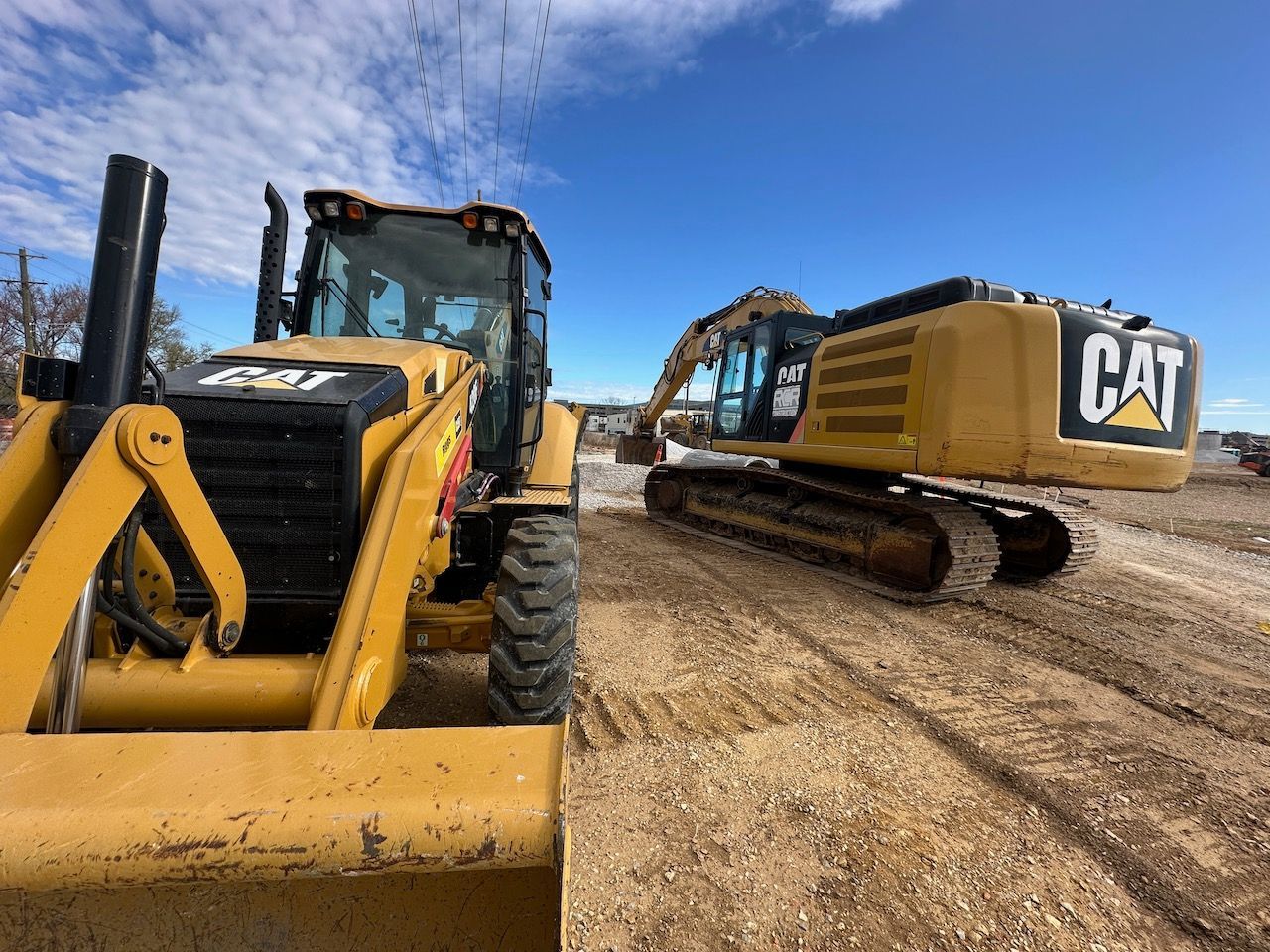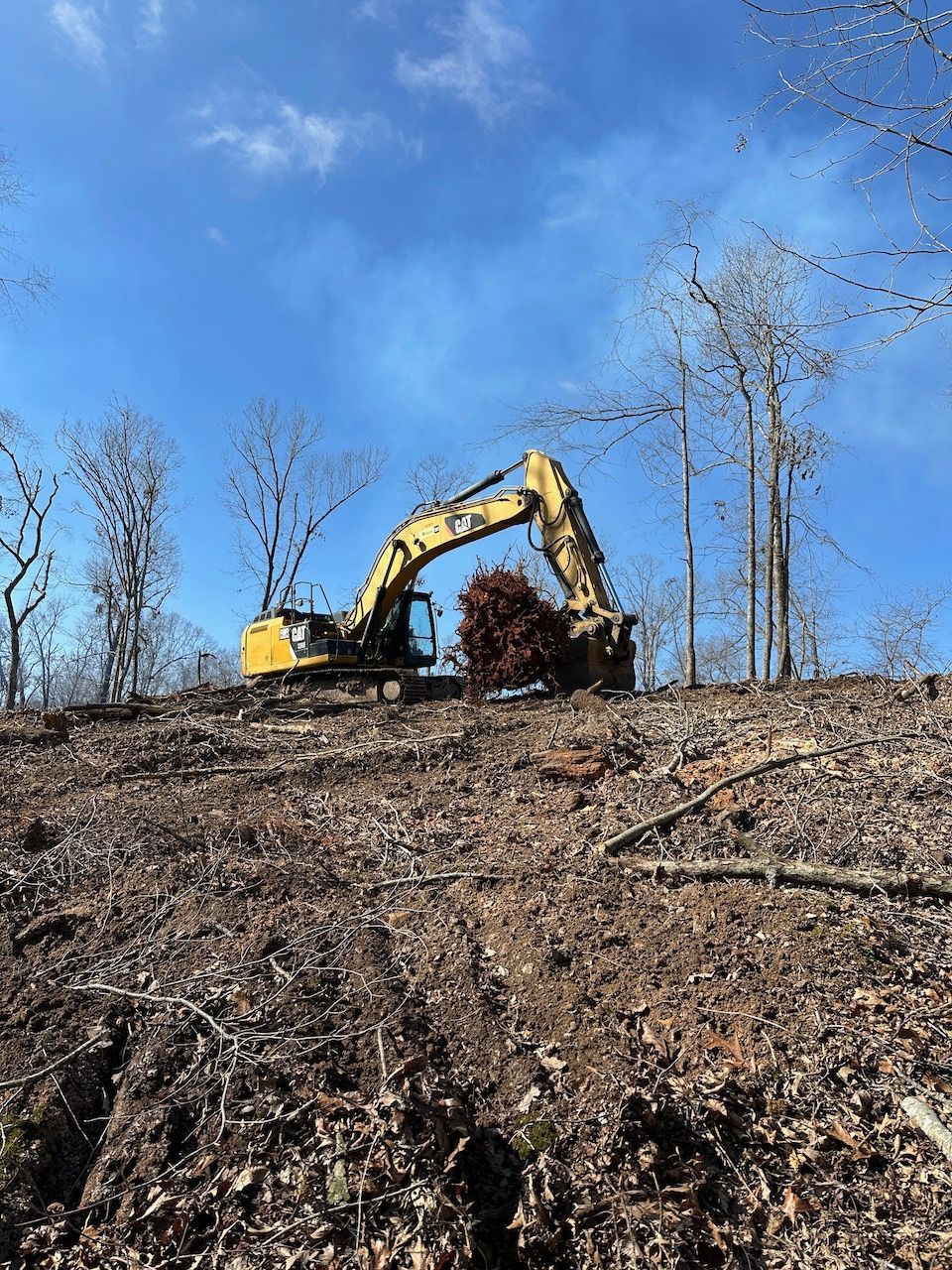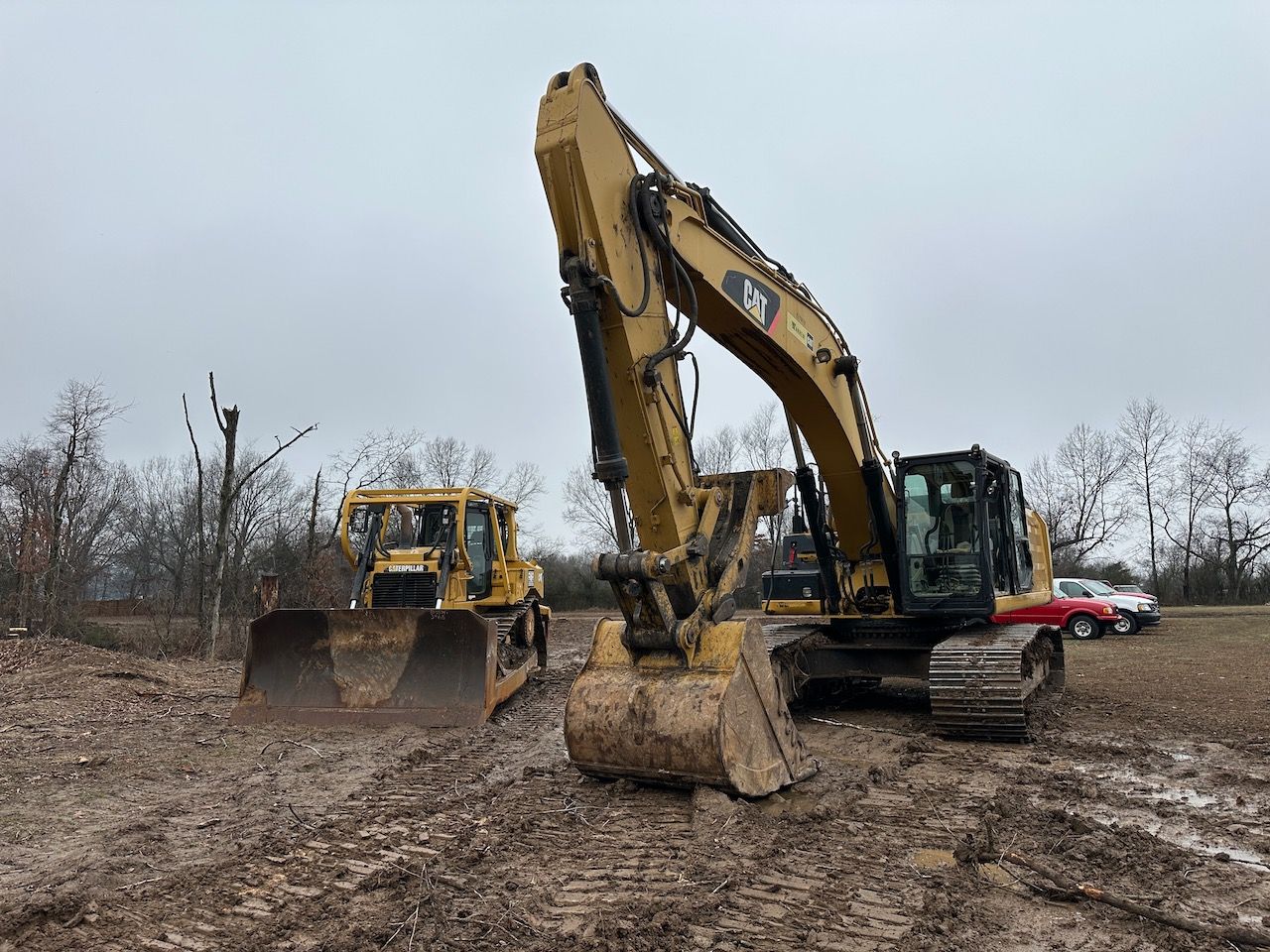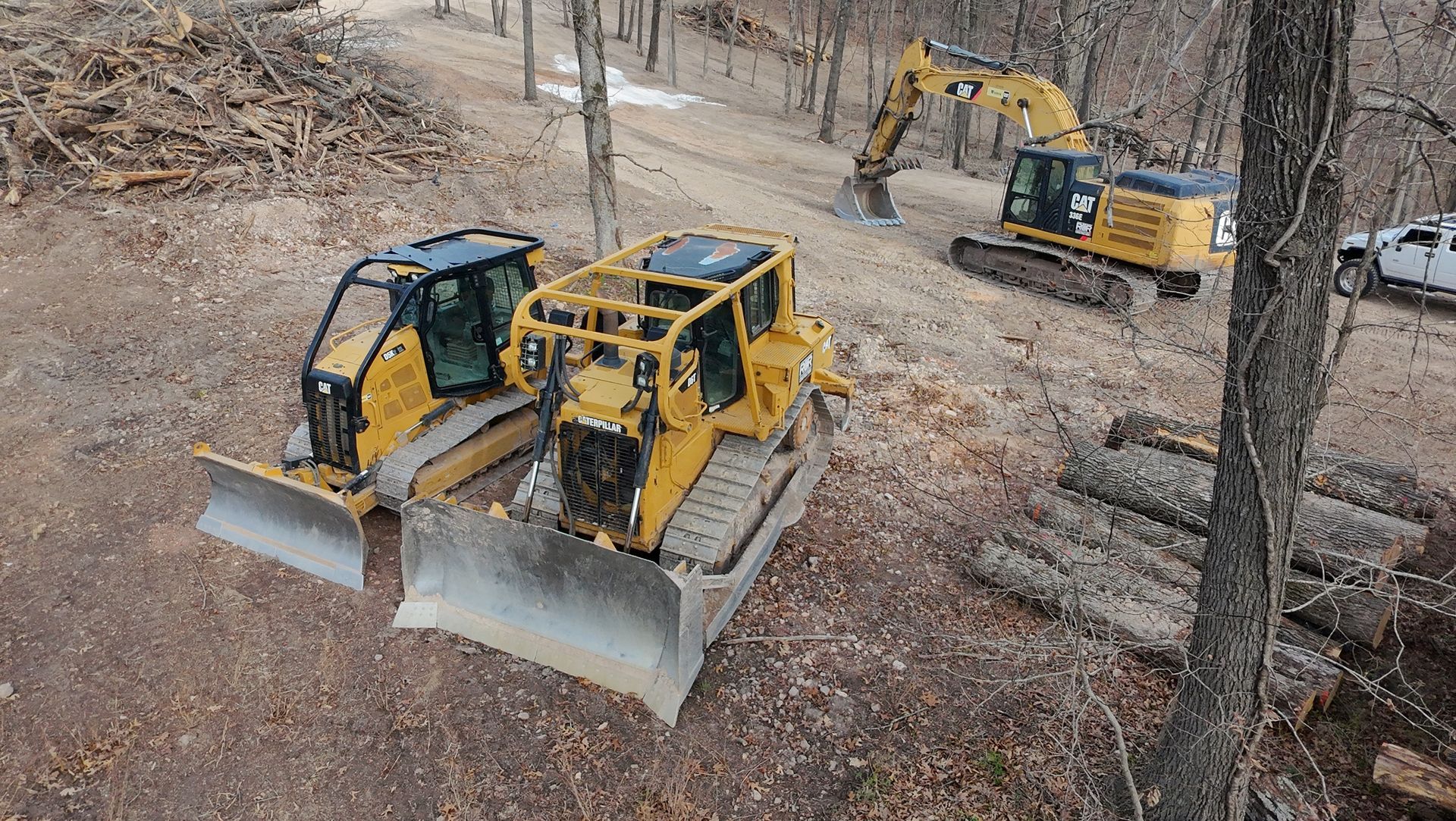Site Prep 101: Why Digging Is the Most Important Step in Any Build
Site Prep 101: Why Digging Is the Most Important Step in Any Build
✅ Introduction
Every strong structure begins long before the first wall goes up. The real foundation of any successful build lies in the dirt work — the excavation and site preparation that shapes the land, sets the grade, and makes sure your project has the support it needs to last. Skipping or rushing site prep is like building on sand: problems may not show immediately, but they always come back.
At Parallel Projects, we know that digging isn’t just moving dirt. It’s laying the groundwork for stability, drainage, and performance — whether you’re building a home, a shop, a driveway, or an entire commercial facility.
This blog breaks down why excavation and site prep matter, what’s involved, and how to do it right the first time.
Section 1: Why Site Prep Matters
Site prep is the behind-the-scenes work that ensures your project is safe, stable, and long-lasting. Without it, you risk:
- Foundations that crack due to shifting soil
- Water pooling under structures
- Driveways and pads that sink or rut
- Utilities that fail from improper trenching
Think of site prep as the insurance policy for your investment — a small step now that prevents massive headaches later.
Section 2: Key Steps in Excavation & Site Prep
1. Land Clearing
Before any digging, we remove brush, trees, and debris to give a clean slate. This also ensures that roots and stumps won’t compromise the foundation.
2. Grading & Leveling
We shape the land to create a stable surface. Using laser levels and heavy equipment, we make sure your site has the correct slope for drainage and load-bearing strength.
3. Trenching for Utilities
Water lines, sewer systems, electrical conduits, and gas lines all require precise trenches. Proper depth, slope, and backfill protect these systems for decades.
4. Septic & Drainage Prep
For properties using septic systems, excavation determines performance. We ensure tanks, leach fields, and drainage areas are dug to spec and positioned correctly.
5. Pad Building
Shops, sheds, and homes all need stable pads. We compact the soil, add the right base material, and create a level platform ready for concrete or footings.
Section 3: Equipment That Gets It Done
At Parallel Projects, we use the right tools for the job:
- Mini-excavators for precision trenching and tight spaces
- Skid steers for grading and leveling
- Backhoes & trenchers for utility lines and deeper digs
- Laser-level systems to guarantee accurate slope and drainage
The right equipment ensures speed, accuracy, and safety on every job.
Section 4: DIY vs. Professional Excavation
DIY Pitfalls:
- Inconsistent depth for utility trenches
- Improper compaction, leading to sinking structures
- No drainage planning, causing water issues
- Lack of permits and inspections
Professional Advantages:
- Knowledge of local soil and terrain (especially NWA’s clay heavy ground)
- Access to heavy machinery and compaction tools
- Experience coordinating excavation with other contractors
- Compliance with codes and regulations
Section 5: Common Questions About Site Prep
Do I need a permit for excavation?
In many cases, yes, especially if digging near utilities, public right of ways, or septic systems. We handle all required checks before breaking ground.
How long does site prep take?
Most residential site prep can be completed in 1–3 days, while larger projects may take a week or more depending on complexity and weather.
What’s the cost of site prep?
Costs vary by property size, soil conditions, and project scope. The investment is small compared to the long-term damage from poor preparation. Start Strong with Parallel Projects
Don’t gamble with your foundation, start your build with professional excavation and site prep. At Parallel Projects, we combine experience, precision equipment, and local expertise to ensure every project begins the right way.
👉 Our Services Include:
- Excavation & Site Prep
- Land Clearing
- Grading & Leveling
- Drainage Solutions
- Retaining Walls
- Driveway Construction
- Demolition Services
- Pressure Washing
- Commercial Cleaning
📲 Contact us today for a free on-site evaluation in Fayetteville, Rogers, Bentonville, Springdale, or surrounding areas. Let’s dig deep and set your project up for success.






